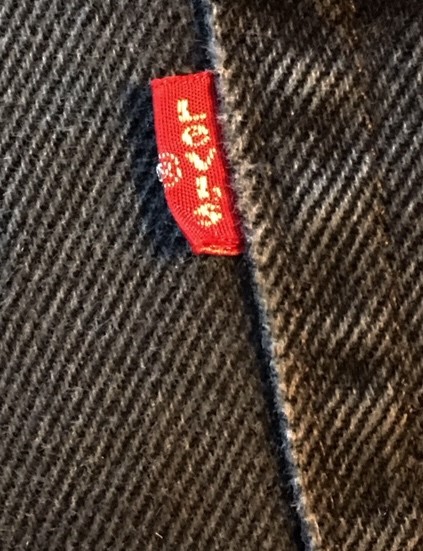Family-owned Levi Strauss & Co. is preparing for an Initial Public Offering that is intended to increase market share by raising the capital to expand its presence.
The iconic American brand patented the blue jean in 1873. Sales of the market have been declining for years, and Levi’s has also been challenged, within the denim category, by more youthful companies like the Gap.
The Levi’s IPO comes at a time where Gap is adjusting its business model. The company recently announced it was restructuring in North America, and closing some its Gap, Old Navy, or Banana Republic Stores.
I have always liked, and have always worn, Levi’s. It was my brand of choice through high school and beyond. Yes, I did go through a designer jean phase (like everybody else), then ventured over to Gap (especially through my ‘dad jeans’ stage), but I always found my way back to Levi’s.
For me, it was more than familiarity; and especially about long-lasting quality. I’ve got a pair of Levi’s that are a dozen years old, and still have a lot of life left in them. The 505s feel good, and they look good. Blue jeans always look better with age.
I used to like that the jeans, up here in Canada, were made in Canada. The San Francisco-based company had manufacturing facilities in Winnipeg and Montreal up until a few decades ago.
It was also a company with a big corporate heart. Levi’s supported HIV/AIDS programs since the early ‘80s when HIV and AIDS was, essentially, a death sentence. The company was there for its employees and the greater community. The Levis Straus Foundation has pumped, and continues to pump, millions of dollars into support and research.
How can you not say that Levis Strauss & Co. is not a good corporate citizen?
Yet, while the clothing company puts back into the community, globally, it (like other manufacturers of consumer goods) has also retreated from the communities it once offered employment to. Levi’s has increasingly gone offshore or shipped its jobs to Mexico. Now, less than 1 per cent of the company’s products are a ‘Made in U.S.A.” series of 501 and 505 jeans.
All that remains is the all-American image.
“Our jeans have become an American tradition, symbolizing the spirit of the west to people all over the world,” reads the history lesson silk-screened on the inside pocket of my newest jeans. “Progress is sewn into everything we do, from how we make our clothing to how we care for people and the planet.”
There will become even less of an American tradition once the stock has been sold to interest’s outside of the Haas family, descendants of Levi Strauss himself.
Shareholders, being shareholders, always demand higher dividends and greater return on investment. The quality and quantity of American tradition will further be eroded. In all likelihood, production will be moved, eventually, to countries known for low labour costs and inhumane sweat-shop practices as Levis Strauss & Co. continues to move from made-in-America to lost in America.

Leave a Reply